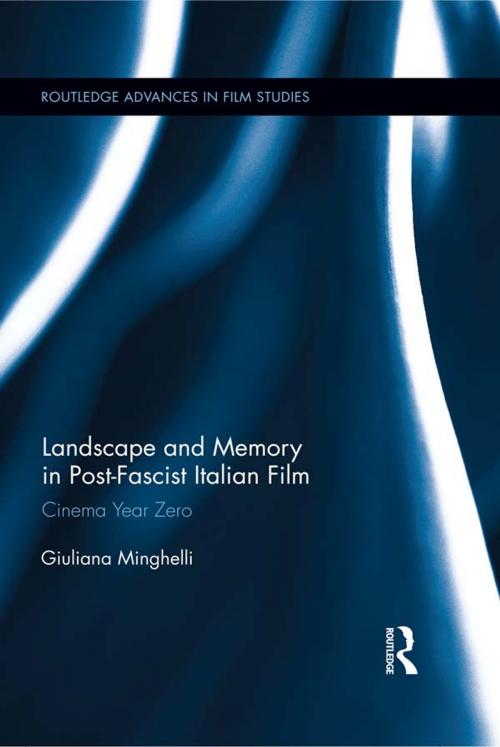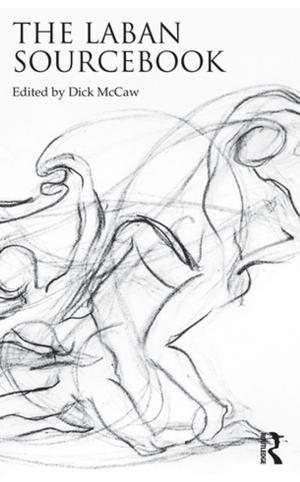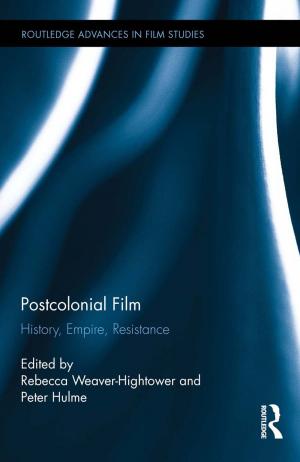Landscape and Memory in Post-Fascist Italian Film
Cinema Year Zero
Nonfiction, Entertainment, Film, History & Criticism, Performing Arts, Social & Cultural Studies, Social Science| Author: | Giuliana Minghelli | ISBN: | 9781135104801 |
| Publisher: | Taylor and Francis | Publication: | June 11, 2014 |
| Imprint: | Routledge | Language: | English |
| Author: | Giuliana Minghelli |
| ISBN: | 9781135104801 |
| Publisher: | Taylor and Francis |
| Publication: | June 11, 2014 |
| Imprint: | Routledge |
| Language: | English |
This study argues that neorealism’s visual genius is inseparable from its almost invisible relation to the Fascist past: a connection inscribed in cinematic landscapes. While largely a silent narrative, neorealism’s complex visual processing of two decades of Fascism remains the greatest cultural production in the service of memorialization and comprehension for a nation that had neither a Nuremberg nor a formal process of reconciliation. Through her readings of canonical neorealist films, Minghelli unearths the memorial strata of the neorealist image and investigates the complex historical charge that invests this cinema. This book is both a formal analysis of the new conception of the cinematic image born from a crisis of memory, and a reflection on the relation between cinema and memory. Films discussed include Ossessione (1943) Paisà (1946), Ladri di biciclette (1948), and Cronaca di un amore (1950).
This study argues that neorealism’s visual genius is inseparable from its almost invisible relation to the Fascist past: a connection inscribed in cinematic landscapes. While largely a silent narrative, neorealism’s complex visual processing of two decades of Fascism remains the greatest cultural production in the service of memorialization and comprehension for a nation that had neither a Nuremberg nor a formal process of reconciliation. Through her readings of canonical neorealist films, Minghelli unearths the memorial strata of the neorealist image and investigates the complex historical charge that invests this cinema. This book is both a formal analysis of the new conception of the cinematic image born from a crisis of memory, and a reflection on the relation between cinema and memory. Films discussed include Ossessione (1943) Paisà (1946), Ladri di biciclette (1948), and Cronaca di un amore (1950).















